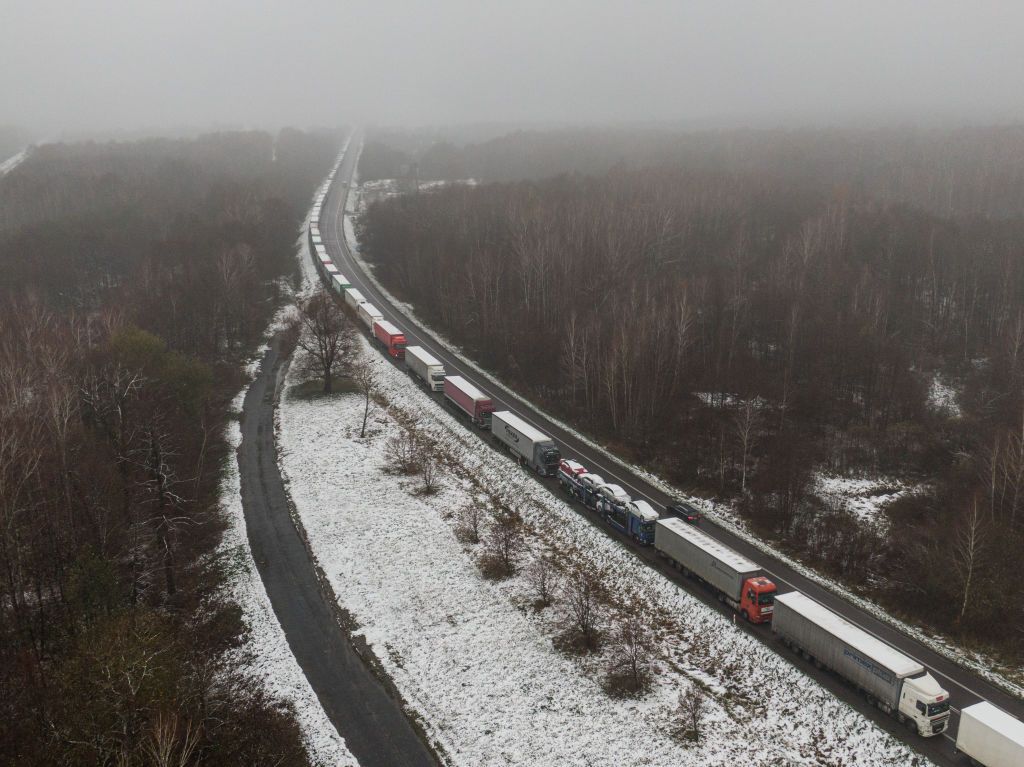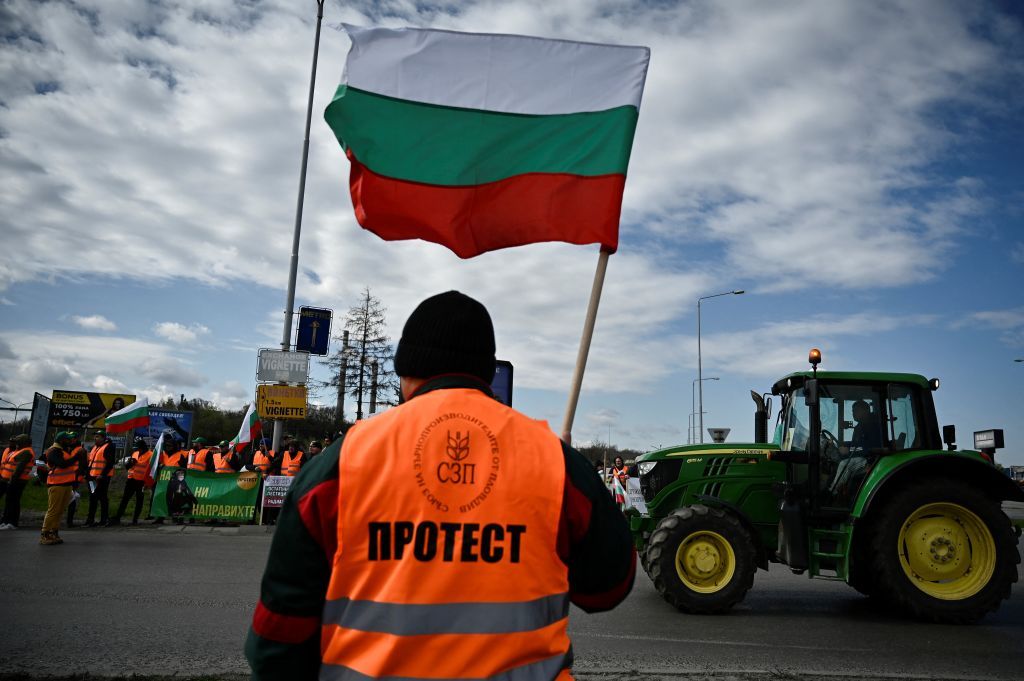Minister: Bucharest meets some of protesting farmers' demands

The Romanian Agriculture Ministry agreed to meet several of the demands of the Romanian farmers who have been blocking the country's major roads and two crossings on the border with Ukraine, Euractiv reported on Jan. 16.
Romanian farmers began protesting last week against what they deemed high tax rates, long waiting times at border crossings, slow subsidy payments, and alleged pressure on the domestic market from an influx of cheap Ukrainian goods caused by Russia’s full-scale invasion.
Their demands include, but are not limited to, a moratorium on loan repayments, faster subsidy payments, and separate lines at border crossings and in the Romanian Black Sea port of Constanta for trucks registered in EU countries and those from outside the bloc, including Ukraine.
The agreement reached on Jan. 16 covers 13 of the farmers' demands. Discussions will continue to find a compromise on the remaining requests, Romania's Agriculture Minister Florin Barbu said, as cited by Euractiv.
Under the agreement, the Romanian government committed to fully subsidize all agricultural excise taxes until 2026 and to immediately implement provisions on subsidized interest loans, according to Barbu.
Bucharest also reportedly accepted requests to compensate alleged losses caused by imports from Ukraine, with measures including clear labeling of grain and other goods as well as electronic GPS monitoring of seals at the Port of Constanta.
Romania's Customs Authority reported in December that the country had not imported grain from Ukraine in the past six months.
Euractiv didn't provide the full list of the farmers' demands that were met by the Romanian Agriculture Ministry.
One of the farmers' representatives at the negotiations, Marius Micu, explained that the agreement does not mean an immediate end to the protests as upcoming talks with truckers, also blocking the border crossings, may impact the duration of the protests, according to Euractiv.
Speaking at a press conference, Barbu denied that Romania sought import taxes on Ukrainian grain, contradicting Hungarian Agriculture Minister Istvan Nagy's earlier claim.
The agriculture ministries of Poland, Bulgaria, Hungary, Romania, and Slovakia sent a letter to Brussels requesting solutions for farmers in the eastern EU states. Nagy said on Jan. 15 that the countries appealed to Brussels to impose customs duties on Ukrainian agricultural products.
"In that letter, I requested a derogation for the Romanian farmers regarding the 4% fallow land. I don't know what the Hungarian minister said", Barbu told reporters.
Romania plays a crucial role in helping Ukraine export its agricultural products amid Russia's threats to Black Sea maritime transport, with almost 60% of Ukrainian grain exports transiting through the country.
Similar farmer protests took place at the Polish, Slovakian, and Hungarian borders with Ukraine throughout the winter.















